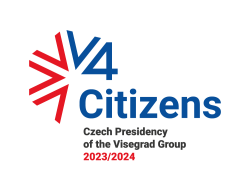
Fri 27 February 2026
Warszawa (PL)
Fri 27 February 2026
Praha (CZ)
Fri 27 February 2026
Bratislava (SK)
Fri 27 February 2026
Budapest (HU)
Cyber Defence Institute: Cyber attacks against schools, hospitals up last year
February 10th, 2020
The number of cyber attacks against educational and health-care institutes and hospitals increased significantly last year, the head of the National Cyber Defence Institute (NKI), part of the Hungarian National Security Service, said on Monday. Phishing scams and ransomware are the two most common problems and it is vitally important that people affected by such attacks should be able to recognise them and avoid data theft, Balazs Bencsik told a press conference. Bencsik warned that the number of cyberattacks was especially high during the tax season and noted that harmful applications were often spread over mobile equipment.
MTI







